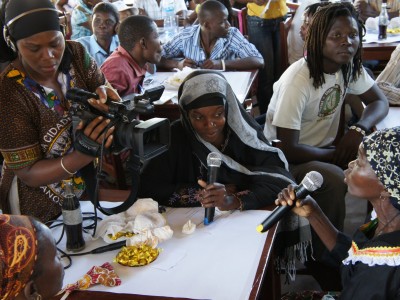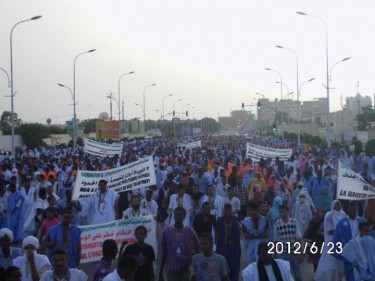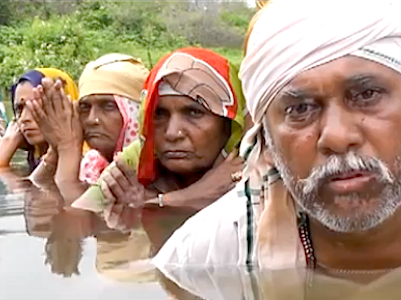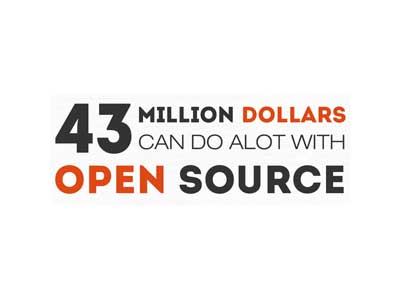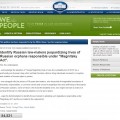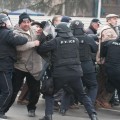Stories about Digital Activism from December, 2012
Shahzeb Khan – Symbol of Hope Against Pakistan's Powerful Feudals
Through social media, the face of 20-year-old Shahzeb Khan has become a symbol of hope against Pakistan's powerful Feudal-elites, who live with impunity, above the law.
All About Grassroots Change Movements
Gaurav Mishra analyzes the dynamics of grassroots change movements and how they work to make an impact in the mainstream using social media.
Dhaka Will Soon Have A Crowdsourced Bus Map
Dhaka is the capital of Bangladesh and home to millions, but the megacity doesn’t have a bus map.
From Indigenous Protests to Online Preaching, Portuguese Language Countries in 2012
As the last day of the calendar approaches, we select a few glimpses of citizen media from the action and imagination of the Portuguese-speaking online world.
No Haven for Citizen Journalists in Bahrain
After Bahrain police “Slap” video went viral the Minister of Interior issued a statement in which he asked that “anyone who films such an event should report it immediately” to the authorities. Two days later, and in contrast with such statements, many were shocked at the news of the arrest of a photojournalist.
Mauritanians Find a Voice Online in 2012
Few people know about Mauritania, that African state. Even fewer know that it is a member of the Arab League, thus part of the Arab World. But too much has happened in 2012 in Mauritania. Despite the low rate of internet penetration, young people and activists are resorting to social media platforms in an attempt to say: We exist and to draw the world's attention to their country.
Looking Back at 2012 in South Asia – Part II
Pakistan's dismal human rights record just gets worse, India's rising rape rates have sent the society into a flux, Bangladesh rejected Myanmar's Rohingya refugees, the regions relatively stable country - Maldives- saw a spiraling political crisis, and protests in post-war Sri Lanka against price hikes were met with police brutality. It has been a rough year in South Asia. And we have been covering the bad and the good all year at Global Voices. Here are some highlights from this years coverage.
Egypt: The People Demand Free and Open Source Software
A lot has been said about the liberating role technology has played in the Middle East uprising, yet there is more to be said about the mutual role the uprising is yet to play in liberating the technology in the region. Angered by an announcement that the Egyptian government agreed to spending $43.8 million to acquire licenses and software products from Microsoft, members of the Open Source community in Egypt are planning a silent protest outside the Cabinet on December 30.
Online Petition for Oscar López
The online petition asking for the pardon of Puerto Rican political prisoner Oscar López Rivera is rapidly getting close to its objective of 3,000 signatures. López was arrested in 1981...
Russian Politicians Doom Orphans as Orthodox Christmas Approaches
On December 26th, 2012 the Federation Council, Russia's upper house of Parliament, upheld a controversial new law banning adoptions of Russian children by Americans. The unanimous vote throws into stark contrast the failure of the prolific online campaign against the law.
Slovak Blogger Promotes Fairness in State Support for Businesses
Blogger Robert Huran reports [sk] on the initial success of his online form [sk] for entrepreneurs, which was created two months ago in response to the news [sk] of the...
Africa's Tainted Global Media Coverage
The #Kony2012 campaign contained quite a few over-simplifications about Africa. African media itself is not immune from this sort of criticism either. Here is a summary of the gems, errors and other inaccuracies in media coverage of Africa.
Brazilian Memes and Internet Culture in 2012
What was the best of the crazy world of Brazilian memes and Internet culture in 2012? One thing is for sure “Brazil can do virals”, says Anna Heim from The...
India Debates Capital Punishment for Rape
Shocked at the brutality of the recent gang-rape of a 23 year old woman in a Delhi bus, Indians are asking for stricter laws and harsher punishments for violence against women. There has been vigorous debates going on about capital punishment for rapists, started out by a member of Parliament, Sushma Swaraj.
Police Accuses “2channel” for Assisting in Drug Trade
The Tokyo Metropolitan Police Department sent papers on Hiroyuki Nishimura, the founder and former operator of Japan's popular online bulletin board “2channel” [ja] to prosecutors on December 20 2012, accusing...
Syria: Negotiating Defection on Twitter
Following reports that former Syrian spokesman Jihad Makdissi had fled to the US, on 25 December activist Rami Jarrah, also known as Alexander Page, released private Twitter messages that show Makdissi had been in contact with him for months. This could be, as Twitter users have named it, “the first defection negotiation in history.”
Journalists, Opposition Thrown Out of Macedonian Parliament Amid Street Protests
On Monday, Dec. 24, the Macedonian capital Skopje was shaken by a violent protest - and a counter-protest - related to the Parliament's approval of the 2013 state budget. Filip Stojanovski reports.
Macedonia: Nude Art Twitter Calendar for Charity
Twelve Macedonian women – regular Twitter users – took part in a humanitarian project organized by @IlinaBookbox, two photographers and one designer via the hashtag #ТвитерКалендар (Macedonian for ‘Twitter Calendar’)....
Promoting Recycling in Macedonia
Continuing the tradition that started last year (en, mk, nl, es), the Macedonian Twitter community has erected a new Christmas Tree made of plastic bottles (mk, mk, photos 1, 2,...
Iranian-Americans Seek Heros to Save a Life
Nasim, a young woman from Northern California of Iranian decent is in need of a bone marrow transplant. Several Iranian celebrities have stepped up to help spread the word to save her. They are using social media to find a hero to give a bone marrow donation.
Who Supports Russia's Ban on American Adoptions?
A slight majority of Russian internet users support the ban on adoptions by Americans. 50% do not understand the motivation for international adoptions, and 60% think that such adoptions endanger children. Who are these people, and what are they saying?


